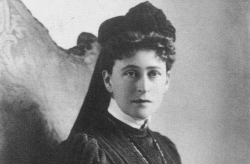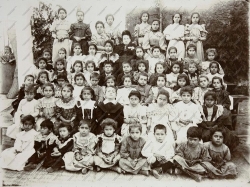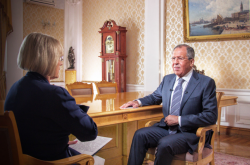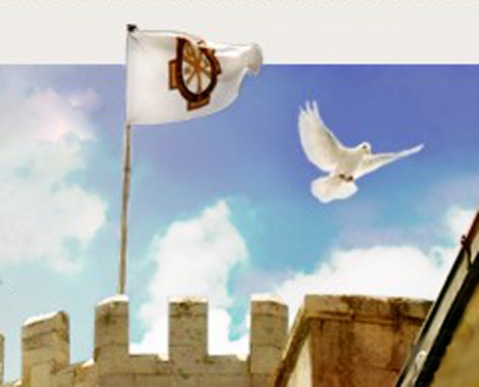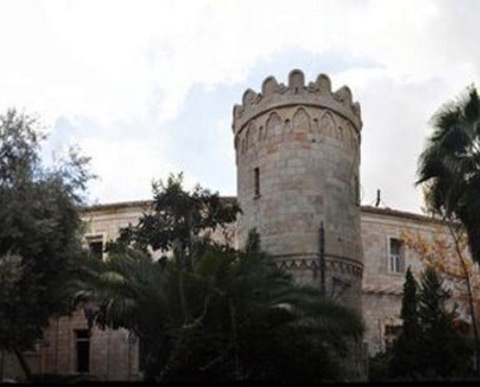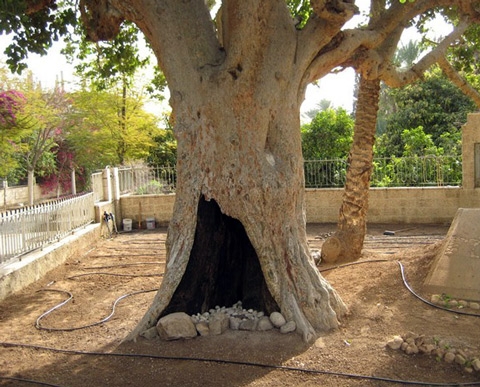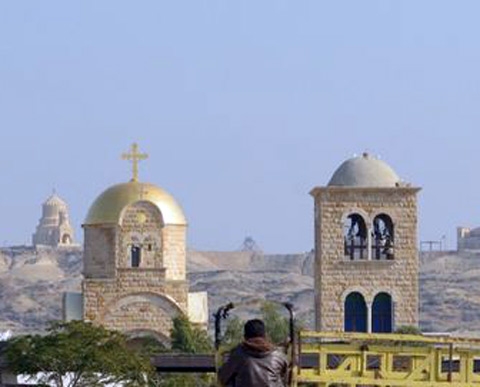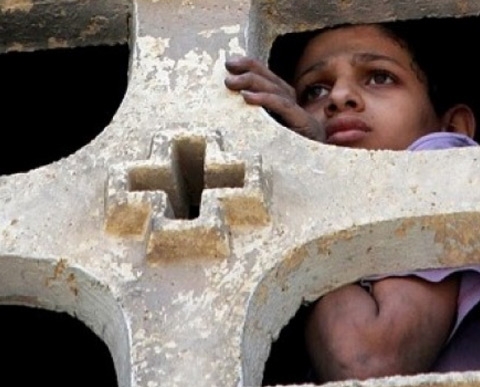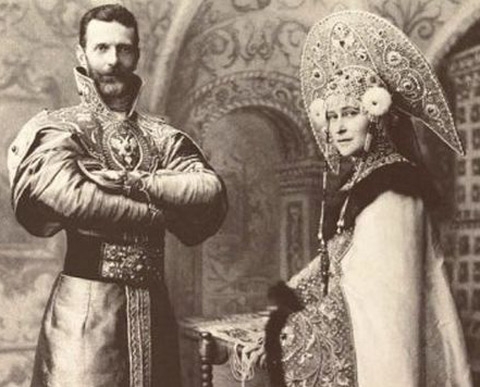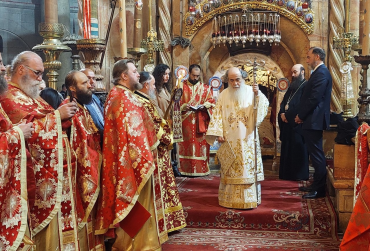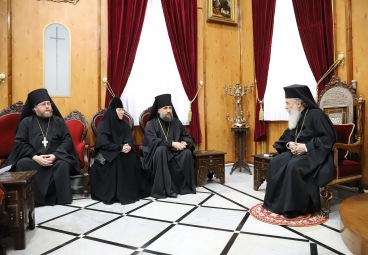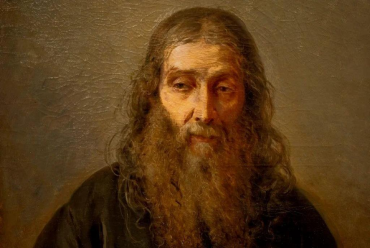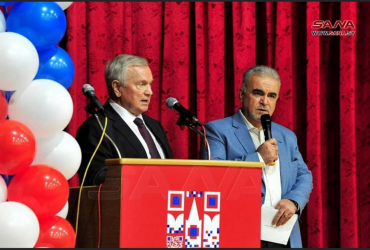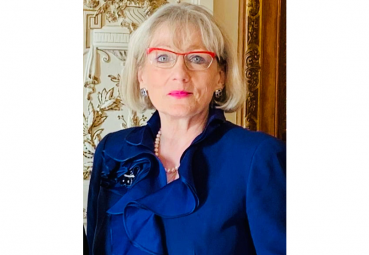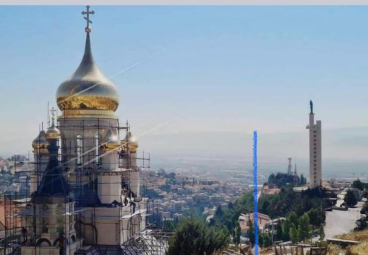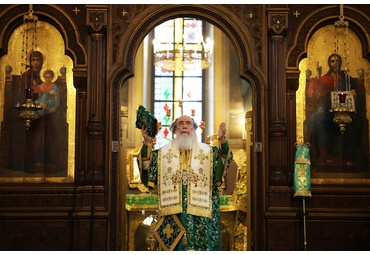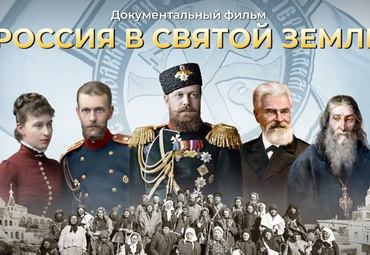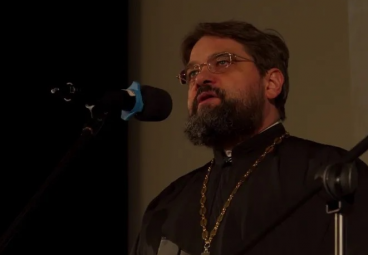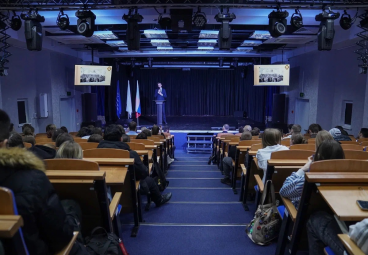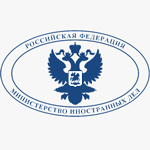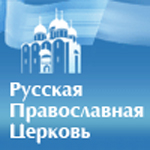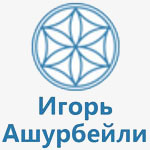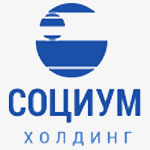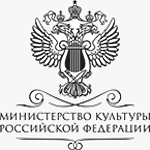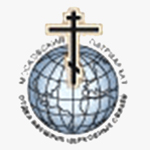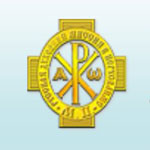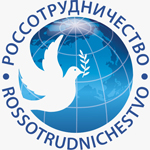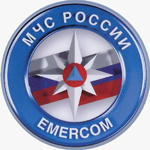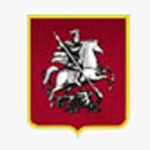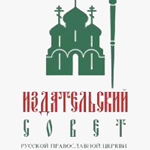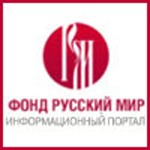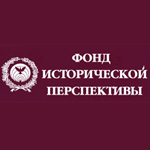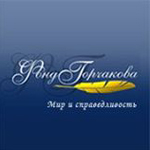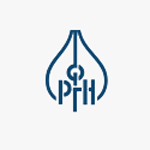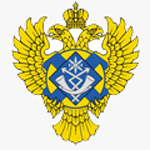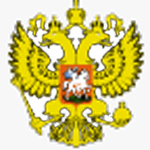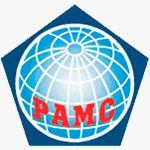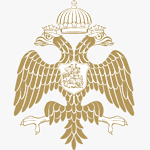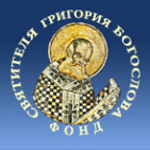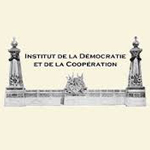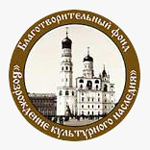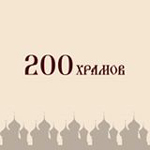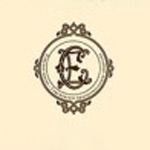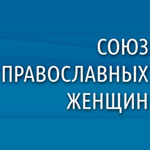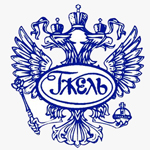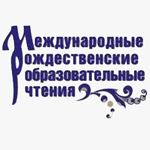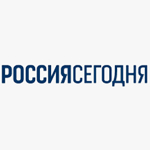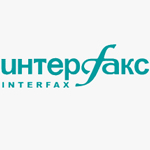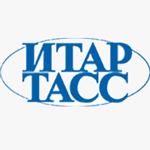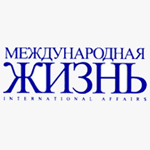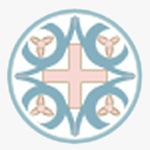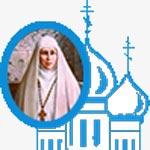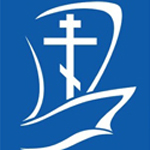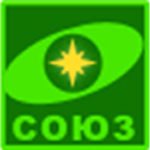The Headquarter and the museum of Imperial Orthodox Palestinian Society
The ImIts tasks – assistance to pilgrimage to the Holy Land, a scientific researches of Palestine and humanitarian and educational cooperation with the people of the countries of the bible region.
The brother of the emperor Alexander III and the uncle of the emperor Nikolay II Grand Duke Sergiy Aleksandrovich became one of the main ideologists of creation of Palestinian society and its first chairman. After its murder by revolutionaries in 1905, the Grand Duchess Elizabeth Fyodorovna who continued deeds of her husband on development and expansion of society on the Holy Land becomes the chairman of the Imperial Orthodox Palestinian society. The Grand Duchess Elizabeth who was the founder the Marfo-Mariinsky monastery of mercy in Moscow and was known for the feats of service to the neighbor and charity was rascally killed by Bolsheviks together with many representatives of House of Romanovs in 1918, and in 1992 she was canonized by Russian Orthodox Church.

In 2009 the Government of Moscow allocated to the headquarter of Palestinian society the remarkable building in the center of Moscow on Zabelin Street – the mansion of the XVIII-XIX centuries with white stone chambers of the XVII century entering into ensemble of the city estate of N. A. Sumarokov – N. A. Tyulyaeva. On November 28, 2012 the ceremonial opening of the building took place. The restored mansion was consecrated by His Holiness Patriarch of Moscow and all Russia Kirill, the Chairman of Committee of honorary members of IOPS.
The new center at once drew huge attention of historians and local history researchers. It became clear that for acquaintance to activity of society and promoting of its historical heritage it is necessary to create the museum at the high scientific and exposition level.
At anniversary of the birth of the second chairman of IOPS, the Saint martyr Grand Duchess Elizabeth Fyodorovna, on November 1, 2013, the doors of the center were opened to receive the guests who came to a ceremonial opening of the museum and consecration of a memorial board in honor of the first chairmen of the Palestinian society – the Grand Duke Sergiy Aleksandrovich and the Grand Duchess Elizabeth Fyodorovna.
The museum is created at the initiative of Foundation of assistance of reviving the traditions of mercy and charity "The Elizabeth and Sergius Enlightenment Society" (www.espo-fond.ru) within the program of the City administration of Moscow "On service to Moscow and Fatherland. Grand Duke Sergiy Aleksandrovich and Grand Duchess Elizabeth Fyodorovna". This program for restoration of historical justice and perpetuation in Moscow of memory of the governor general Grand Duke Sergiy Aleksandrovich and his wife Grand Duchess Elizabeth Fyodorovna is carried out on blessing of His Holiness Patriarch of Moscow and all Russia Kirill and with assistance of the Mayor of Moscow S. S. Sobyanin.
The concept of the museum was developed by the working group consisting of Ph.D. Ritta Butova and Ph.D. Irina Fedoseyeva under the scientific guide of the vice-chairman of IOPS Professor Nickolay Lisovoy. The art project was created by the young Moscow artist M. A. Emantayev, and the Art Studio of Yuriy Pekurovsky.
The constant exposition chronologically covers the period from foundation of society on May 21, 1882 so far, tells in a historical retrospective about its main objectives, construction objects and real estate in Jerusalem and other cities of Palestine and Middle East, and also activities of local offices for all country. There are submitted unique documents, photos, books, pilgrim relics, and also materials of Archive of foreign policy of the Foreign Ministry of Russian Empire, fragments of archive and library of IOPS which remained in Moscow and on the Sergeу House in Jerusalem. The basis of a graphic row was formed by materials of the photograph collection of the Palestinian society which is stored in the State Museum of the History of Religion in St. Petersburg, and also personal collections of members of society.
The structure of an exposition includes four halls.



The first hall – "Creation and formation of IOPS" – tells about establishment of society, its first most august chairmen the Grand Duke Sergiy Aleksandrovich and the Grand Duchess Elizabeth Fyodorovna. Separate complexes are devoted to eminent persons of society: V. N. Hitrovo, M. P. Stepanov, A. A. Dmitriyevsky, and also the major scientific, educational and humanitarian projects of Palestinian society. In an exposition it is possible to see for the first time the documents and photos relating to archeological excavations on the so called “Russian Excavations” near the Church of the Holy Sepulchre (1883) in Jerusalem; materials of scientific expeditions of N. P. Kondakov across Syria and Jordan (1891), F. I. Uspensky's travel to Palmyra and Baalbek (1898), A. A. Tsagareli's research trips to Sinai, Mount Athos and to Jerusalem for studying of the Georgian antiquities (1882), A.V. Yeliseyev – for research of an ancient way to the Holy Land through the Caucasus and Asia Minor (1886).
Separate show-windows are devoted to educational activity of Palestinian society (in 1909 in 24 Russian educational institutions of Palestine 1 576 children were studied and at 77 Russian schools of Syria and Lebanon 9 974 pupils were studied), and also to its medical institutions – Russian Hospital and out-patient clinics.

The second hall under the name "Blossoming of the Russian Palestine" represents the main architectural and construction objects of IOPS in period of the end of XIX – the beginning of XX centuries and their founders: Archimandrite Antonin (Kapustin), D. D. Smyshlyaev, architects D. I. Grimm, A. E. Elkin, G. Frangya. The St. Mary Magdalene's temples built in Jerusalem by the Palestinian society on Eleon and St. Alexander Nevsky Chapel near the Church of the Holy Sepulchre became outstanding monuments of the Russian architecture.
As a result of collaboration of IOPS, the Russian Ecclesiastical Mission in Jerusalem and the Russian consulate there was so called Russian Palestine – unique infrastructure of temples, hostels and houses, sites, schools and hospitals. By 1914 Society possessed in Palestine 8 hostels which accepted more than 10 000 pilgrims in a year. The land plots and real estate objects were in Bethlehem, Ein-Karem, Nazareth, Cana of Galilee, Afula, Haifa, Jericho, Ramallah – in general 28 sites with a total area more than 23,5 hectares.


Especially for the museum specialists of JSC “Maket” executed the model of the Sergiyevsky House of IOPS in Jerusalem returned in the Russian property in December, 2008.



The world of the Russian pilgrim is opened by a collection of pilgrim relics from personal collection of the full member of IOPS, the famous art critic Ph.D. Svetlana Gnutova, who devoted more than 30 years of her life to museum activities.


"The crown of thorns of the Russian Palestine" – so is called an exposition of the third hall the speech in which goes about destinies of society and its heritage in the XX century. After the Russian revolution it was renamed into the Russian Palestinian society at Academy of Sciences of the USSR (RPO). In the 1920th years its members were academicians V. V. Bartold, A. A. Vasilyev, S. A. Zhebelev, P. K. Kokovtsov, I. Yu. Krachkovsky, N. Y. Mar (The chairman of society in 1928-1934), S. F. Oldenburg, V. V. Struve, F. I. Uspensky (The chairman of society in 1921-1928), many outstanding scientists in the field of natural sciences: academicians V. I. Vernadsky, A. E. Fersman, N. I. Vavilov. After 1934 RPO which was formally not closed peacefully stops its work. In the middle of "cold war" the aggravation of the competition of the West and East in fight for the Middle Eastern base made return of the Russian property a significant factor of the Soviet-Israeli reciprocity. The council of ministers of the USSR published the order (25.09.1950) about renewal of activity of society and its representation in Israel. After Six-day war (1967) USSR broke off diplomatic relations with Israel, and employees of RPO left the country.
The exposition of the third hall opens by the documents of the last construction project of society in the XX century – the Bargradskiy House. The model of the temple of Saint Nicholas the Wonder-worker and a House of IOPS to Bari (Italy) created in 1913 on drawing of the great Russian architect A. V. Shchusev and specially delivered from Italy to opening of the museum is exhibited for the first time in this hall. The model was made by request of the IOPS Bargradsky committee and some weeks remained in the room of the Grand Duchess Elizabeth Fyodorovna in Marfo-Mariinsky monastery. In an exposition it is also possible to see materials of meetings of council of society, the declaration of accession in members of society of prominent scientists and church hierarches, programs of scientific conferences. Also the agreement of 1964 between Russian government headed by N. S. Khrushchev and the Israeli authorities on sale of the most part of real estate of IOPS in Palestine is submitted for the first time.
The exposition comes to the end with materials of the fourth hall called "The Century of XXI: time to collect stones". It is devoted to the recent and current projects of IOPS. Society closely cooperates with the state organizations in order to return of its property rights for the Russian objects and sites on the Holy Land. In 2008 the Russian property on the Sergiyevskiy House of IOPS in Jerusalem was returned, now large-scale repair work is conducted in it. By the efforts of Administration of the President of Russia on the site returned to Russia in Jericho archaeological works were resumed, and in 2012 the Russian museum and park complex in the territory of which IOPS keeps an ancient tree of the publican Zachaeus was open. In Bethlehem in 2012 the Russian center of science and culture was open. And on September 1, 2014 the present chairman of society S. V. Stepashin solemnly opened the first Russian school after 1917 in Bethlehem.
The museum of Imperial orthodox Palestinian society not only acquaints with history of the scientific and charitable non-governmental organization, oldest in Russia founded for coordination and association of efforts on strengthening of the Russian political, cultural and scientific presence in the Holy Land and other countries of the bible region, but also promotes education of patriotic feelings, love to the capital at younger generation.
The museum is replenished with the new exhibits connected with modern activity of Imperial Orthodox Palestinian society, and also the historical documents and other exhibits introduced into scientific circulation as a result of researches of specialists of the Palestinian society.
The museum is included into guides and reference books on tourist sights of Moscow. Anyone can visit the museum of IOPS and touch history of society. It is possible to register in group guided tours by phone +7 (495) 797-55-95.
Contacts details of the museum and the Headquarter of Imperial Orthodox Palestinian society:
Russia, Moscow, Zabelin St., 3 (str.2)
Phone: +7 (495) 797-55-95
Fax: +7 (495) 628-48-40
muzei-ippo@yandex.ru

